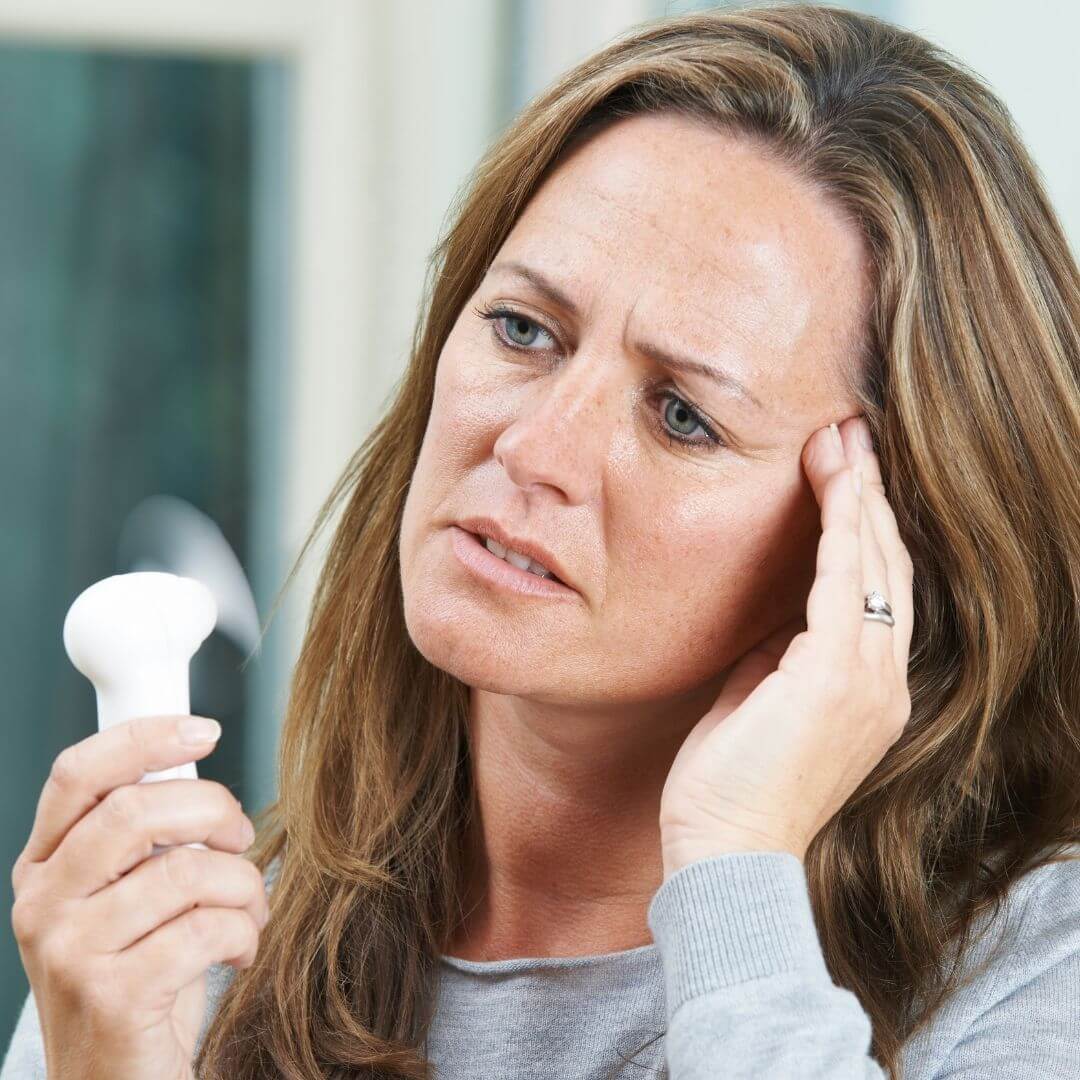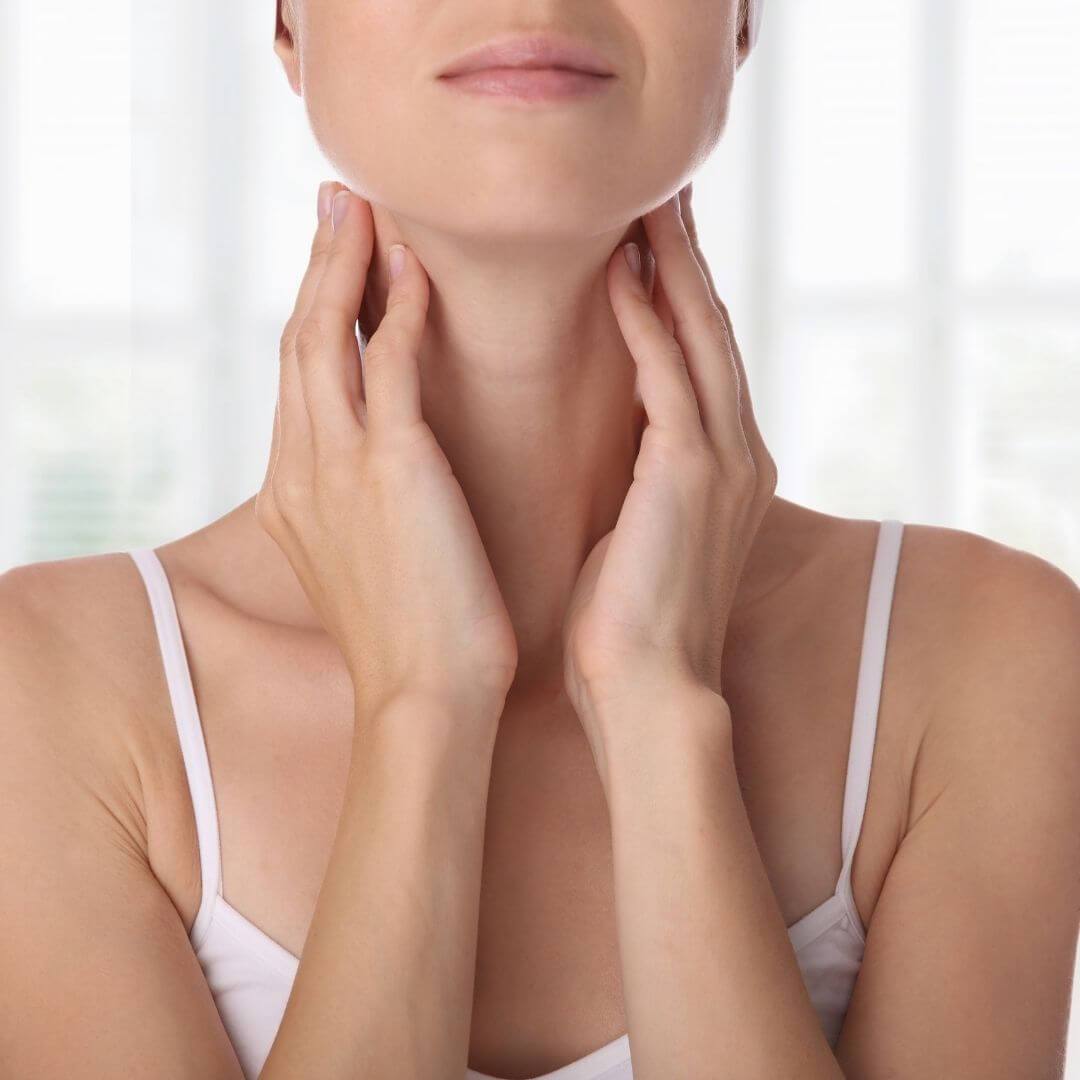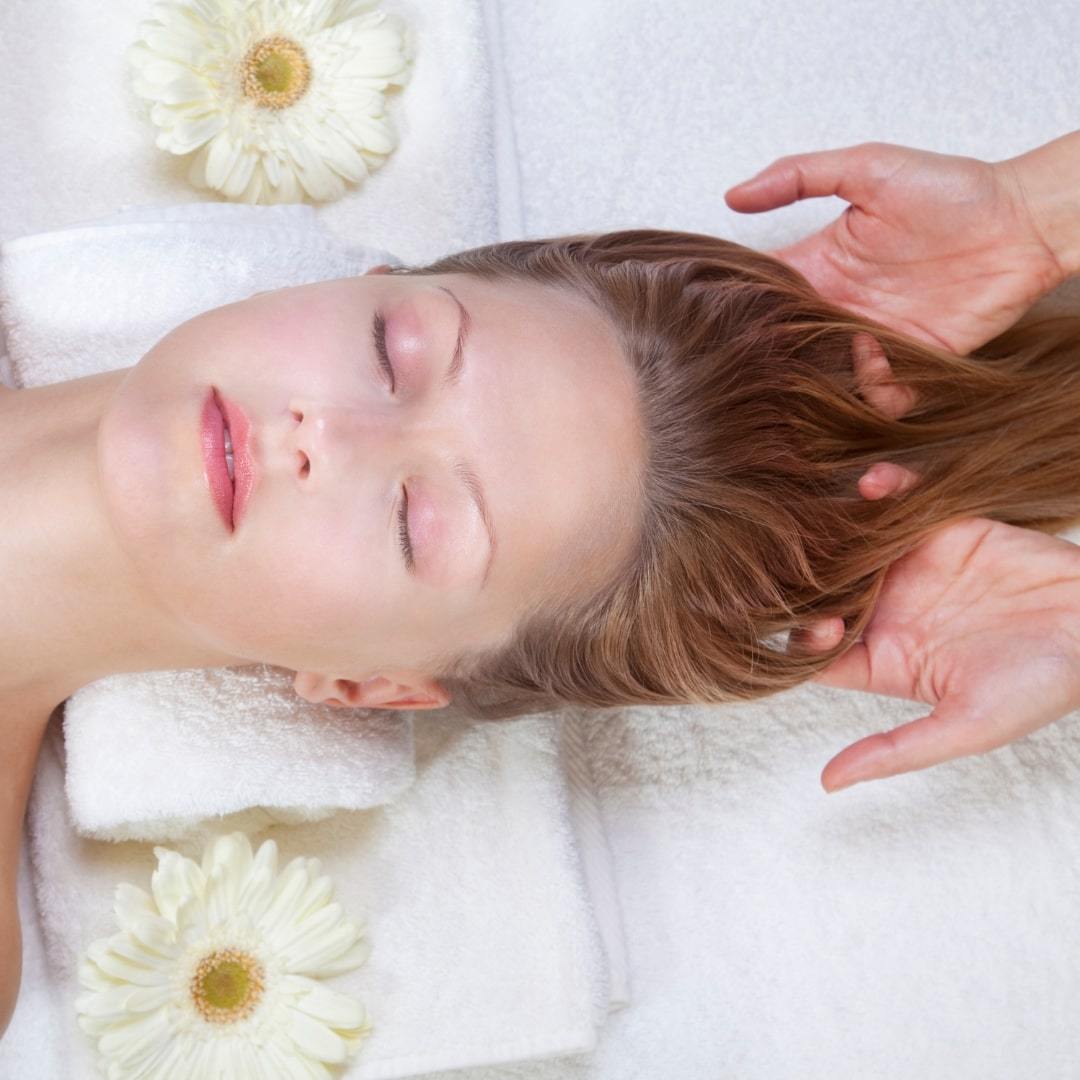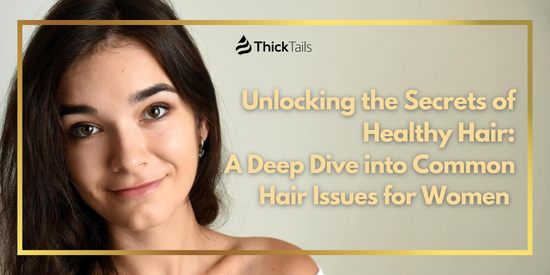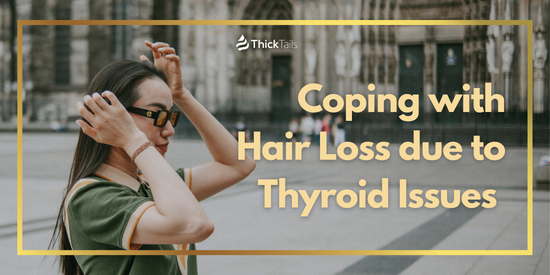Hair is more than just a collection of strands on our heads. It's a critical part of our identity and is deeply intertwined with our self-image and societal perception. In the realm of hair care and health, men face their own, often unspoken, issues. From receding hairlines to the dreaded male pattern baldness, navigating hair problems can be a bewildering experience for many men.
Understanding Men's Hair Issues

Men's hair issues, most notably hair loss, present challenges that go beyond the surface. Conditions like androgenetic alopecia, commonly referred to as male pattern baldness, rank as prominent concerns. This problem affects a significant portion of the male population, leading not only to cosmetic changes but also to psychological stress and a decrease in self-esteem. Consequently, understanding and addressing hair issues in men have become imperative in the conversation around men's health and wellness.
Hair Growth Patterns and Cycles
Men's hair growth is typically different from women's. The hair growth cycle – anagen, catagen, and telogen – can vary in duration for different parts of the body and between individuals. Men tend to have shorter anagen phases on the scalp than women, which partly accounts for the shorter total growing phase and hence a slower growth rate.
Male Pattern Baldness: Causes and Solutions
The overwhelmingly common cause of hair loss in men is androgenetic alopecia, or male pattern baldness. Genetic predisposition, along with hormonal and environmental factors, contribute to this condition. This part will discuss the intricacies of male pattern baldness and the current treatment options available, including popular medications and surgical interventions.
Hormonal Influences on Men's Hair Health
Testosterone and its derivative dihydrotestosterone (DHT) play a key role in hair growth regulation in men. Understanding the hormonal pathways that contribute to both hair health and hair loss is critical to developing effective prevention and treatment strategies for male-specific issues.
Elevated levels of DHT are strongly linked to the progression of hair loss in men, particularly in the form of androgenetic alopecia. By targeting these hormonal pathways, treatments can effectively slow or even reverse some hair issues in men, providing hope to those affected by hair loss. It's crucial for men dealing with these challenges to consult healthcare professionals to identify the most appropriate treatment options.
Understanding Women's Hair Concerns and Their Relevance to Men
Despite the obvious differences, there are significant overlaps in the types of hair issues that men and women encounter. Exploring these parallels can provide valuable insights into the care and maintenance of men's hair.
Furthermore, products such as specialized shampoo and conditioner, along with targeted treatments like hair serums, can play a pivotal role in managing hair issues in men, including combatting hair loss. These products, when chosen carefully to match the specific needs of an individual's hair and scalp, can significantly mitigate hair thinning and loss, contributing positively to a man's overall hair health and confidence.
Hair Loss Triggers in Women: Exploring Common Factors
Women's hair loss can be triggered by a variety of factors, such as hormonal imbalances, stress, and autoimmune conditions. Each of these can also play a role in the hair loss men experience, making it crucial for men to be aware of these potential triggers.
Understanding these triggers not only helps in identifying the root causes of hair issues in men but also enables the development of more tailored and effective treatment plans. Recognizing the similarities in hair loss triggers between genders highlights the universality of hair health concerns, emphasizing the need for a holistic approach to managing hair issues in men and promoting overall scalp and hair wellness.
Impact of Styling and Chemical Treatments on Hair Health
The use of harsh chemicals in hair care products and frequent hairstyling practices can significantly impact the quality of hair, irrespective of gender. Analyzing how these practices affect women's hair can shed light on best practices for men to maintain healthy hair.
For men, understanding the impact of certain styling practices and chemical treatments is key to preventing avoidable hair damage and loss. It's important for men to realize that over-styling or the misuse of hair products can exacerbate hair issues, including accelerating hair loss. By adopting gentler hair care routines and being selective with products, men can significantly improve their hair health and combat common hair issues.
Hormonal Changes: Their Role in Both Women's and Men's Hair Loss
Beyond male pattern baldness, hormonal changes – particularly an imbalance in androgens – can affect hair health in various ways for both men and women. We'll discuss the role of hormones in hair issues, with a focus on the similarities in how they affect men and women's hair.
This hormonal interplay underscores the fact that hair issues in men, much like in women, can be complex and multifaceted. Addressing hair loss in men requires a nuanced understanding of the hormonal underpinnings alongside other contributing factors. It is this comprehensive approach that can offer men effective strategies to combat hair loss and maintain hair health.
Addressing Men's Hair Issues: Effective Solutions and Treatments

Recognizing the problem is the first step toward finding a solution. This section will provide a comprehensive understanding of the treatment options available for men's hair issues.
In today’s market, a multitude of hair products is specifically designed to tackle hair issues in men, ranging from specialized shampoos and conditioners to serums and treatments targeted at preventing hair loss. It's essential for men to choose products that are well-suited to their specific hair needs and concerns, as using the right products can dramatically influence the health and appearance of their hair. Consulting with hair care professionals can also provide tailored advice, ensuring men use effective strategies to combat hair loss and manage hair issues effectively.
Current Treatment Options for Men's Hair Loss
From FDA-approved medications to cutting-edge surgeries, there's a range of treatments available to address male pattern baldness. Each approach comes with its own set of considerations, including effectiveness, side effects, and cost.
Additionally, innovative non-surgical solutions like specialized shampoo and conditioner, along with potent hair serums, have shown promise in managing hair issues in men, particularly in the early stages of hair loss. It's crucial for men to choose products that are specifically formulated to target hair loss, as these can nourish the scalp, strengthen hair roots, and reduce hair thinning. Consistent use of these treatments can significantly mitigate hair issues in men, providing a non-invasive option for those seeking to improve their hair health.
Emerging Therapies and Innovations
The field of hair loss treatment is constantly evolving, with ongoing research into new therapies like hair cloning and stem cell therapy. We'll take a closer look at these potential game-changers and what they could mean for men looking to improve their hair health.
These groundbreaking advancements signify hope for those battling persistent hair issues in men, including severe hair loss. By potentially offering more permanent solutions, techniques such as hair cloning and stem cell therapy could revolutionize the approach to managing hair health, reducing the reliance on daily use of shampoo and conditioner or hair serum treatments. Ultimately, these innovations could pave the way for addressing hair loss in men more effectively, with solutions that offer long-lasting results.
Natural and Paraben-Free Products: Supporting Men's Hair Health
Natural ingredients are gaining popularity for their role in maintaining hair health. This part will discuss how men can leverage these products with a focus on scalp health, strength, and growth while steering clear of harmful chemicals like parabens.
In conclusion, the battle against hair loss and maintaining healthy hair in men is multifaceted, requiring a comprehensive approach that considers hormonal changes, the impact of styling and chemical treatments, and the benefits of both modern and emerging hair loss therapies. This article has underscored the importance of understanding the commonalities between men's and women's hair issues, highlighting a holistic approach towards hair health that includes choosing the right products, consulting with professionals, and keeping abreast of the latest treatment innovations. Natural and paraben-free products also emerge as key allies in ensuring scalp health and hair vitality. Ultimately, the message is clear: dealing with hair issues demands a informed, proactive stance, leveraging both science and nature to foster optimal hair health for men. With continued research and tailored treatment strategies, men have more tools at their disposal than ever before to combat hair loss and achieve their desired hair health.

